Consumption of couscous protects the heart from problems - the reason is the potassium found in the product. This mineral is critical for regulating blood pressure and cardiac rhythm.
It's also known that potassium aids muscle contractions. By eating just one cup of couscous, a person ensures 39% of the required daily value (91 mg of potassium).
Besides potassium, the product also contains other minerals important for the body - 1 cup of couscous provides a person 43 mcg of selenium, which is 61% of the recommended daily value.
Selenium acts as an antioxidant and protects healthy cells from toxins which can cause DNA mutations. Mutations of the DNA means developing different diseases, as well as premature aging.
The tiny granules, made from semolina, are incredibly popular and not just because they are easy to make. Couscous is a product suitable for different types of dishes. This culinary product is often used to make salads or appetizers, main courses and is being ever more frequently used as a substitute for quinoa or rice.
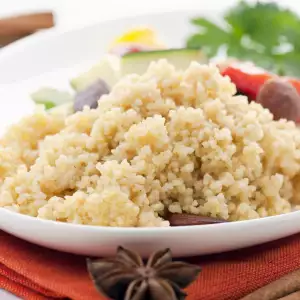
It's recommended to consume whole-grain couscous more often because it contains many more nutrients and is therefore healthier for the body.
Research shows that one cup of couscous contains 176 calories; by comparison, the same amount of rice contains 205 calories, and one cup of quinoa has 254 calories. 1 cup of couscous also gives us 12% of the recommended daily value of proteins.
Proteins maintain energy in our body and are needed to build muscles after exercise, point out experts. The carbohydrates found in couscous are about 38 g for every 1 cup of product.
It's generally accepted that to maintain optimal energy levels, the human body requires 130 g of carbs for the whole day.
Whole-grain couscous also has more fat than that made with white flour - a cup of whole-grain couscous contains about 1 g of fat.
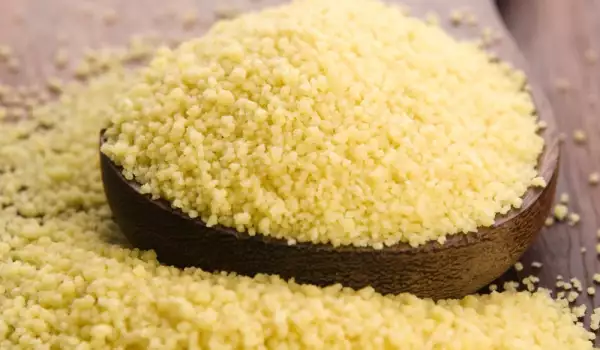
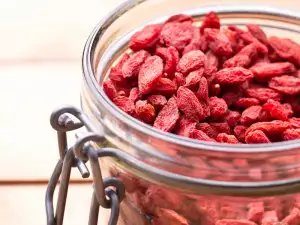
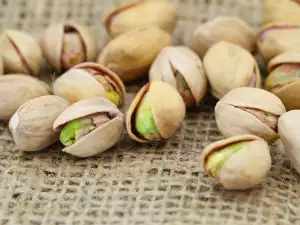

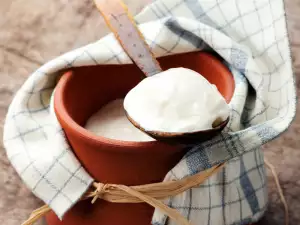
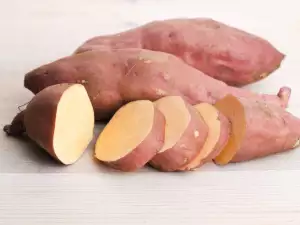
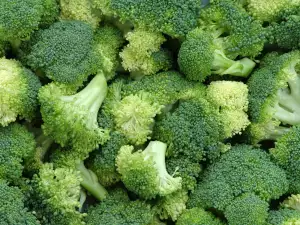
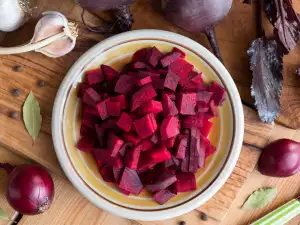
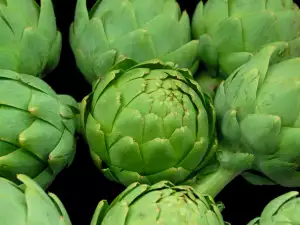
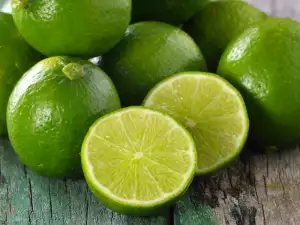
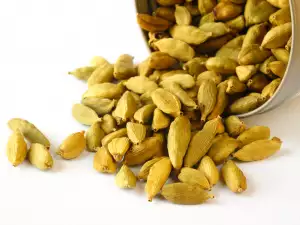
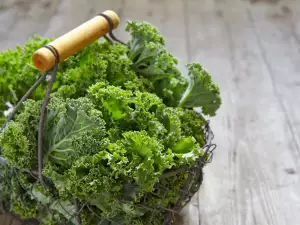
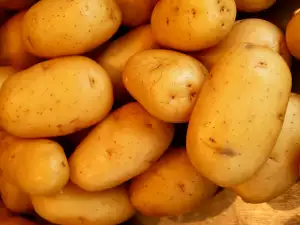


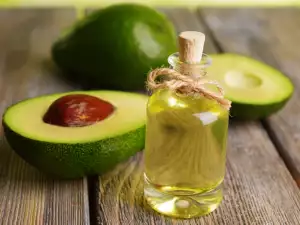




Comments